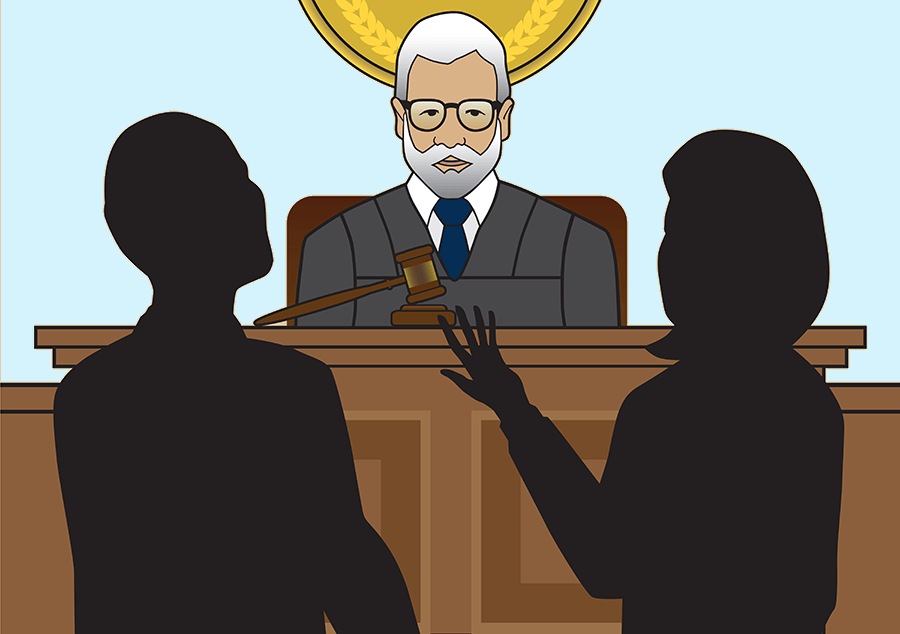Woodland Hills personal injury lawyer Barry P. Goldberg is a constant advocate of the C.C.P. § 998 Offer to Compromise in every case that is in litigation. In short, there is no reason not to serve an Offer to Compromise which has the potential effect of reversing the substantial costs of trial, including expert witness fees. Recent case law demonstrates the importance of a carefully thought out Offer strategy.
It should be understood that our office does not serve an Offer to Compromise for the purpose of initiating a “high-low” settlement discussion. Rather, it is designed to be a number that is unlikely to be accepted by the other side, yet is likely to be surpassed at trial. Further, the number must be high enough that the client would “live with” the settlement, if necessary. Our office obtains written consent from the client before serving an Offer to Compromise. Obviously, careful thought must go into selecting the appropriate number to satisfy the foregoing criteria. In the few times that an Offer has been accepted by the other side, we reduced our attorney’s fees to reflect the substantial savings in advanced costs and trial preparation time to make the settlement more attractive to the client.
In the recent case of Lee v. Silveira (May 15, 2015) Cal.App.4th , a personal injury plaintiff served defendants with a 998 Offer to Compromise for $1,000,000. Defendants did not accept the offer which, by its terms, lapsed after 30 days. The case went to trial resulting in a verdict of $1,027,014. Plaintiff then claimed expert witness fees of approximately $350,000! (This is a good example of how the amount of trial costs and whether they are reversed is the difference between a good result and a great result.)
But, hold on! Defendants moved for a reduction in the verdict based on Howell v. Hamilton Meats & Provisions, Inc. The “billed” medical expenses were reduced to the amount of bills actually paid. That made the final amount owed by the defendant total below the amount of the $1,000,000 998 Offer to Compromise! Plaintiff still argued that the amount of the “original” verdict exceeded the 998. Therefore the additional $350,000 in expert costs should still be awarded. The trial court and Court of Appeal disagreed citing Howell.
Although the Court acknowledged that the law regarding the recovery of negotiated rate differentials was unsettled at the time of the offer, the wording of the statute combined with the case law interpretation mandated a finding that the verdict was actually below the amount of the plaintiff’s 998 Offer to Compromise and therefore the additional costs could not be awarded.
An interesting side fact in that case was that the defendant made its own 998 Offer to Compromise in the amount of $400,001. Even with the additional $350,000 in costs, it appears that proceeding to trial was still justified because the defendant was offering too little. The decisions regarding settlement and 998 Offers to Compromise become even more complex when the number offered by the defendant comes close to or exceeds the expected value of the case minus the costs. Applying this formula to the Lee v. Silveira case, the case might have settled if the defendant had served an Offer to Compromise in the $650,000 range. In that circumstances, the net to the plaintiff would be greater or the same regardless of a jury verdict value approaching $1,000,000!








